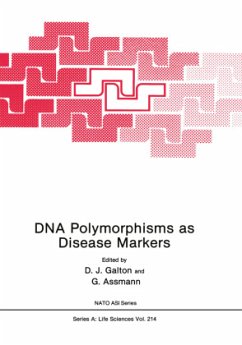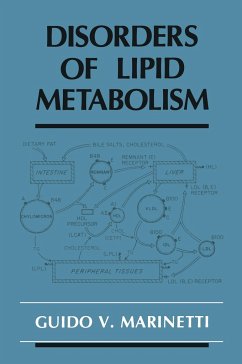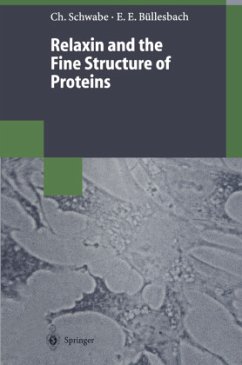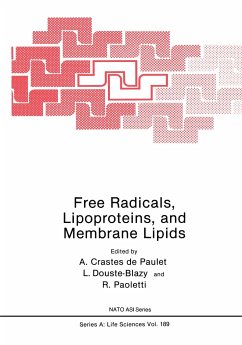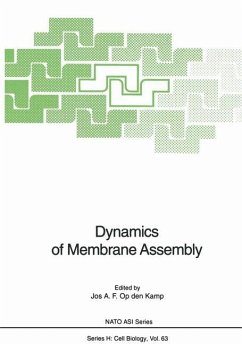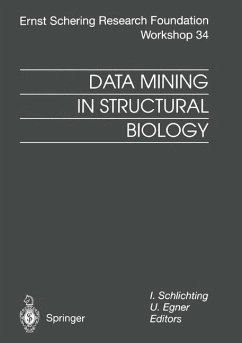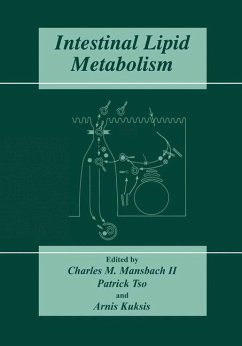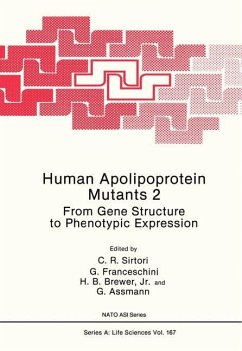
Human Apolipoprotein Mutants 2
From Gene Structure to Phenotypic Expression

PAYBACK Punkte
20 °P sammeln!
The pleasant community of Limone suI Garda provided outstanding hospitality for a second NATO ARW dealing with apolipoprotein variants, which are natures clues for the discovery of the physiological roles of apolipoproteins in lipoprotein metabolism in normal subjects and patients with specific dyslipoproteinemias. Limone, the site of discovery of the first human apolipoprotein mutant, apoA-I-Milano, provided a brilliant sunny spring venue for more than 50 participants from both sides of the ocean. The attendance at the colorful opening ceremony of the ARW was one of the largest on record. Two...
The pleasant community of Limone suI Garda provided outstanding hospitality for a second NATO ARW dealing with apolipoprotein variants, which are natures clues for the discovery of the physiological roles of apolipoproteins in lipoprotein metabolism in normal subjects and patients with specific dyslipoproteinemias. Limone, the site of discovery of the first human apolipoprotein mutant, apoA-I-Milano, provided a brilliant sunny spring venue for more than 50 participants from both sides of the ocean. The attendance at the colorful opening ceremony of the ARW was one of the largest on record. Two members of the Italian government, the Secretaries of Health and the Navy, gave the welcoming addresses. Six television networks, two with national audiences, covered the international workshop. The Limone oracles provided a montage of insights gleamed from the eyes of the clinican, the biochemist, and the molecular biologist. The cumulative information on the molecular defects in lipoprotein metabolism reviewed by this diverse group of investigators provided an ever expanding horizon of new knowledge in this fast moving and some times perplexing field. Clinical vignettes were presented on patients from throughout the world including Canada (Connelly), Turkey (Schmitz), and France (Infante) detailing the clinical sequelae of a defect in a specific apolipoprotein. The clinical importance of Lp(a), a lipoprotein relegated almost to obscurity for many years, has now taken v center stage.






